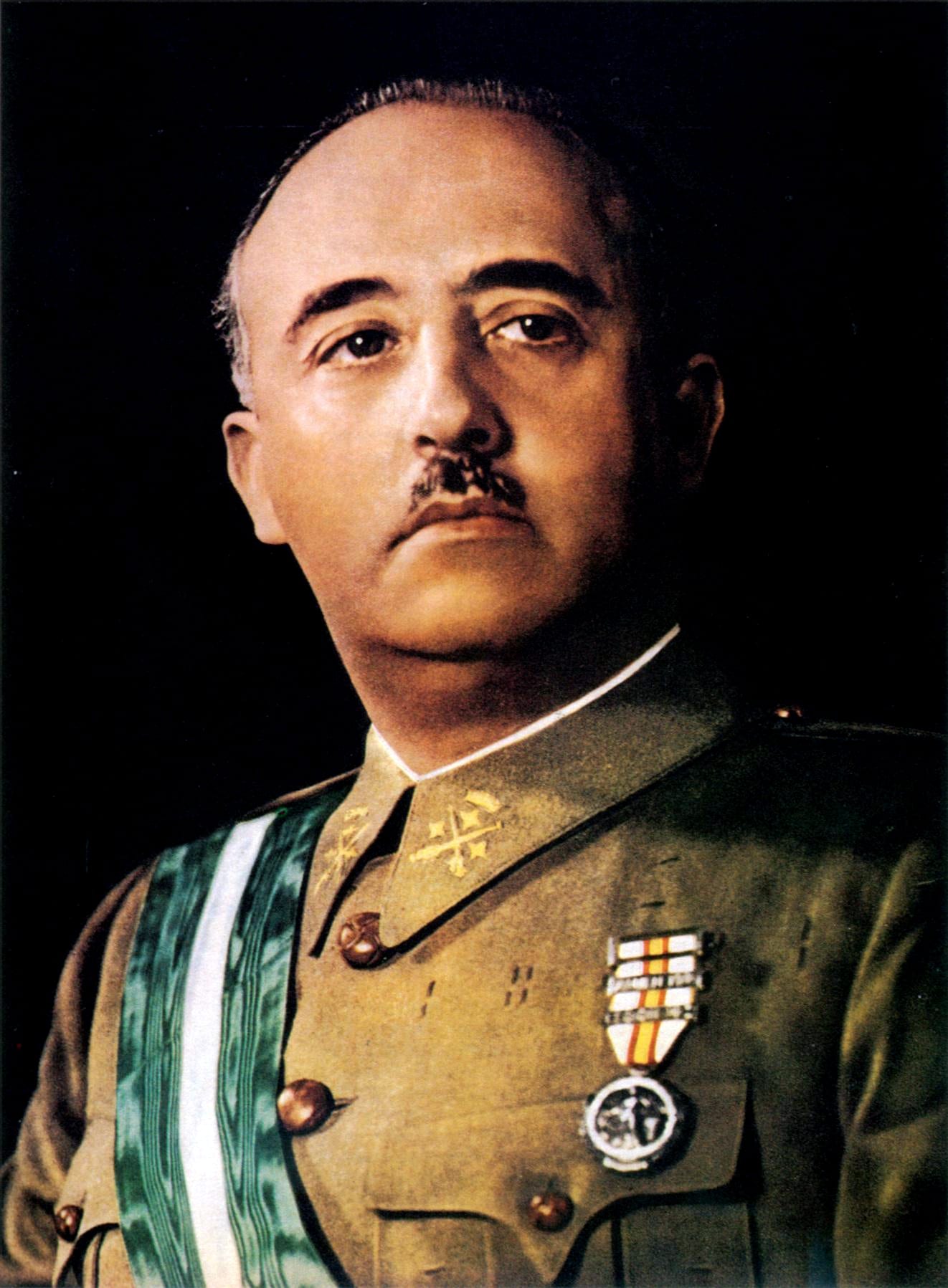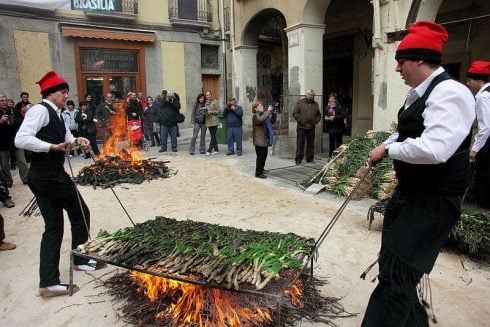IF you were hoping for a ‘feel good’ article, read no further.
If you were hoping for some logical, ‘moral-to-the story account’ – again, read no further.
What follows is illogical, disturbing and, at times, horrific.
It will leave you with more questions than answers.

If you choose to continue reading, consider the enigmatic life of Carlos Rodriguez del Risco…
Born in 1901 in the Catalunyan pueblo of Vilanova i la Geltru, Carlos grew up sympathetic to the Republican (anti-Franco) cause. At the close of the Spanish Civil War, like thousands of other defeated Republican soldiers and sympathisers, he fled to France to avoid the vengeful wrath of Franco.
He was interned in a barbed wire ‘enclosure’ camp along the French border. The conditions were dreadful. Hundreds died from exposure, brutal treatment, pneumonia and malnutrition.
For a young military man like Carlos, there was an alternative: join the French Foreign Legion. He did exactly that but his timing could not have been worse. This was the start of World War II and his battalion was used as cannon fodder against the Germans. He was captured by the Nazis and, along with 7,000 other Spanish Republicans, sent to the notorious Mauthausen concentration camp in Austria.

From 1940-1945 he witnessed unimaginable horrors. The camp was used to imprison ‘the incorrigible political enemies of the Reich’: socialists, communists, freemasons, homosexuals, anarchists, gypsies, AND Spanish Republicans whose ideology was especially anathema to Nazi fascism. As many as 20,000 Jews were subject to the gas chamber on the spot, even before being registered in the Mauthausen camp.
Rodriguez del Risco became an eye-witness to a catalogie of unspeakable Nazi atrocities: pseudo-scientific experiments, lynchings, lethal injections, beatings and sadistic humiliations from guards; gold-tooth extraction, starvation, electrocution, hypothermia and malnutrition.
Most prisoners did not die from these unspeakable tortures. It was the exceptionally hard labour at Mauthausen, a slave labor camp first and foremost, that killed them.
Of Carlos’ Spanish Republican compatriots, a shocking 5,000 did not survive.

On May 5,1945, Mauthausen was liberated by American forces. Most of the surviving Spanish Republicans returned to France fearing retribution for their fervent anti-Franco politics. Rodriguez del Ricco chose a different trajectory. One year after he was freed from the horrors of Mauthausen, he was in Madrid writing a series of accounts entitled: ‘Yo he estado en Mauthausen’ (‘I was at Mauthausen’) for ARRIBA – the voice of the Falange and the officially-sanctioned newspaper of the Franco regime.
Carlos penned his eyewitness accounts of the Mauthausen nightmare in 28 installments. Stylistically, his articles were part adventure story, part diary, part political and, of course, entirely non-fiction. He is detailed in his descriptions of the torment and horror that he and other Spanish Republicans suffered at the hands of the Nazis.
His narrative has been deemed original and factually accurate by Holocaust historians. He was able to observe the high-ranking officer Heinrich Himmler’s inspection of the camp in 1941; he identified by name individual S.S. guards who were particularly bruta; he was able to detail the little-known account of a train-load arrival of entire Spanish Republican families; and he was witness to the ‘astonishment, anger and terror’ of Spanish boys as young as 10 being imprisoned, ‘despite the desperation of the women, mothers, sisters and wives who stayed on the train’ and were sent back to Spain to an unknown future.

Yet, in the same serialised articles, Rodriguez del Risco writes of a political about-face. He obscures his concentration camp experiences with virulent anti-Semitic diatribes. Parts of his writing are wildly unsympathetic to the exterminations he witnessed. His hardened portrayal of the Jews is revealed when he states that: “They (the Jews) lack humanity and are hypocrites, fakes and egotists and a little more or less food would result in scenes of a son beating his own father.”
He blames the Jews as guilty of their own slaughter, calls Hitler a ‘true patriot who feels the pressing need to work for the resurgence of his country – a man without a doubt, extraordinary’ and claims the real masterminds behind the cruelties he suffered and observed were Hitler’s advisors and Mauthausen’s SS guards.

Curiously, he also wrote of his ‘political conversion’ when he began to renounce his long-held defense of Republican ideology. He condemned his fellow captive compatriots, writing that they had ‘stained their hands with blood’. And in his last article, he announced his complete devotion to Franco and the Nationalistic cause when he declared: “Catholic by conviction. I am a soldier of the Church; a fervent Spaniard. I will always be a loyal servant of my country. And my country is now, whether or not the communists and renegades like it, unanimously represented by Franco – a man providently chosen to liberate it from the most tremendous loss of life of all time.”
It would be easy to dismiss Yo he estado en Mauthausen as purely Francoist propaganda. But the author’s political about-face raises some interesting questions: was Rodriguez del Risco forced at gun-point (figuratively and maybe even literally) to write this account? Was he subject to what psychologists have called ‘Stockholm syndrome’ where by prisoners often identify with their captors? Was he sane? Was he the first ‘Holocaust denier’? Was this typical of the political climate in Spain in 1946? Even though his narrative is grounded in historical fact, how much can be trusted as something other than political propaganda for the Franco regime?
We will probably never know the answers to these questions. After his articles were published, Carlos Rodriguez del Risco was never heard of publicly again. He died less than three years later with no direct descendants. His story remains complicated, contradictory, fascinating, incomprehensible yet always horrific. Remember…you were warned.











